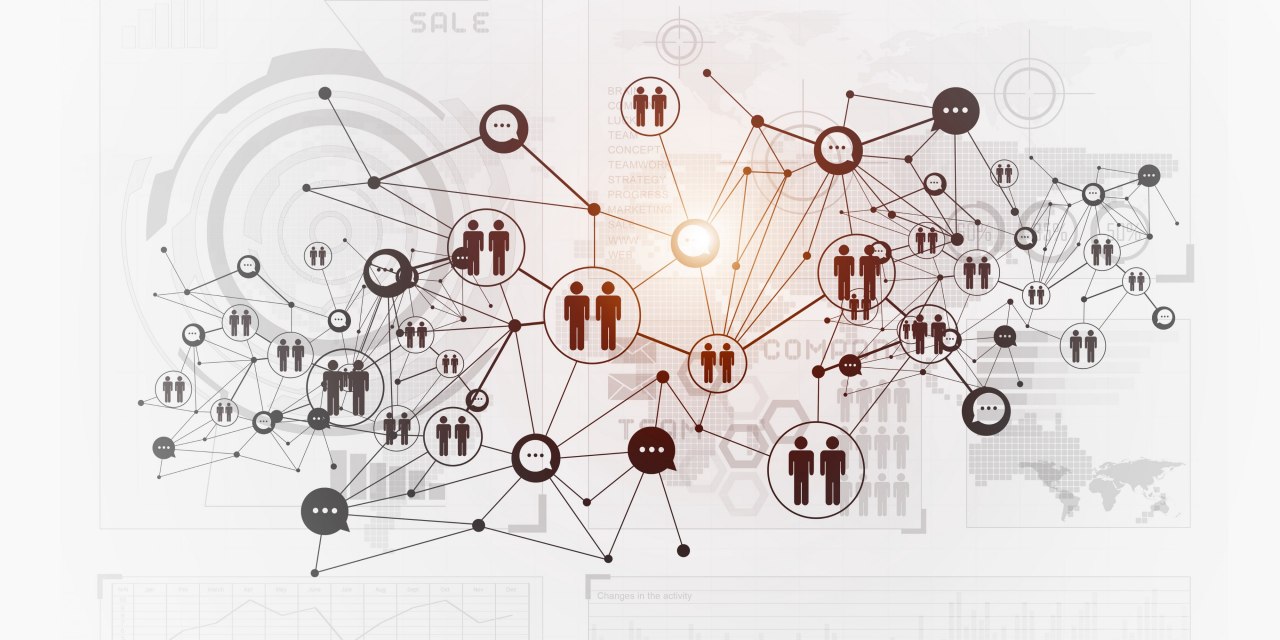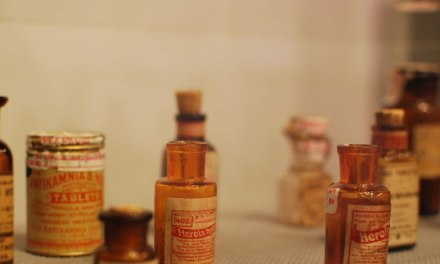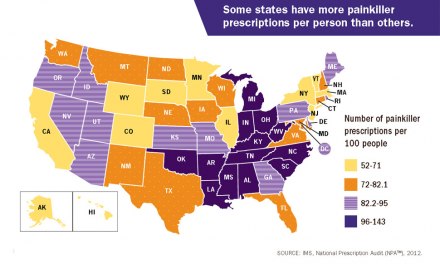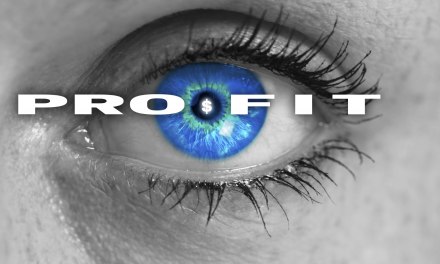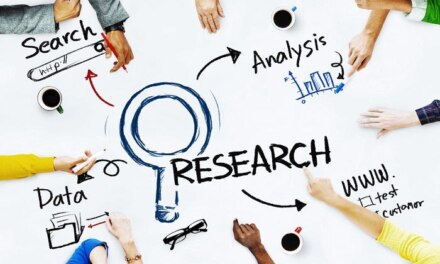It’s a hot-button topic that’s growing still hotter – the abundance of inaccurate, misleading, and downright false information now flooding social media. I’m sure you’ve seen or heard plenty on the subject already. Let’s hope it was accurate.
This is one of the few issues that draws concern from all sides of the political spectrum. Every faction seems convinced that social media is tilted against them. As if the intent is simply to confuse our thinking, and make it more difficult to see our way to good decisions.
I think of it as a new kind of contagious disease. I’m not alone in this opinion — social scientists are paying attention too.
This, from Scientific American: Information Overload Helps Fake News Spread, and Social Media Knows It
And for reference, something from MIT’s Sloan Institute of Management: MIT Sloan research about social media, misinformation, and elections
We who work in addictions and mental health might be able to help. After all, we have a great deal of practical experience dealing with different varieties of cognitive bias. Those are embedded patterns of thinking that lead us to draw flawed, unreliable or unreasonable conclusions. The experience of addiction encourages such distortions. It’s part of the larger pathology and acts as a major barrier to healthy self-awareness.
“You don’t have to tell me that,” sighed a counselor recently assigned to work with repeat DWI offenders.
Why is misinformation so rife on social media? For one thing, people are inclined to view new information as ‘true until proven otherwise”. That simple human inclination to take people at their word can be a big help to a con artist, or someone looking to spread a hoax on the Internet.
Then there’s our tendency to skim headlines on the screen, rather than pay close attention to the content of news items. Would it surprise most people to learn that headlines frequently distort what follows in the article? After all, they exist to grab attention, not inform. It’s a game of “made you look!” And ad revenues may well be based on the number of eyes a headline attracts, whether or not they go on to read further.
Here’s something weird: for reasons that are only poorly understood, negative information appears to spread much faster than the positive kind. Maybe we just prefer to know the worst about our fellow humans. Even if it isn’t true.
The Scientific American article discusses the phenomenon of the in-group — those websites and other sources we tend to favor because they share important attitudes or beliefs with us. We feel more comfortable relying on those sources because we already know they conform to our own ideas. That’s called confirmation bias.
Social media acts as an amplifier for our biases, often in ways that can be harmful to us or others. Our awareness of this is likely to be limited at best. I compare it to those folks who begin with a statement like “I’m no racist, but…” followed by something that sure sounds as if they are.
Will we at some point begin to see people arrive in treatment programs primarily for the purpose of dealing with what has become a harmful, obsessive-compulsive relationship with social media? They already do with respect to gambling, spending, sexual behaviors.
Too late, it’s already happened. So I guess the real question is: what to do about it?

